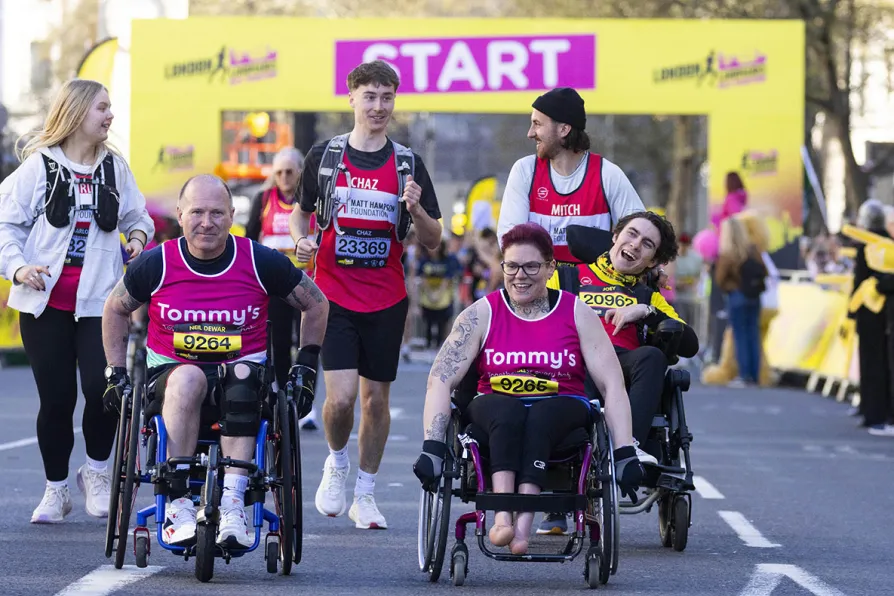
 The start line of the London Landmarks Half Marathon, hosted by the pregnancy and baby charity Tommy's, April 6, 2025
The start line of the London Landmarks Half Marathon, hosted by the pregnancy and baby charity Tommy's, April 6, 2025
ONE of the reasons I love distance running is because it’s accessible for me. You can rock up to Parkrun to run or walk 5k, or represent your club in a muddy field, potentially racing alongside elite runners at cross-country events on a freezing Saturday afternoon. At face value, a runner should need little more than a pair of trainers or spikes to participate, regardless of their motivation.
However, despite the boom in mass participation running, with over 5.5 million people believed to have completed a 5k Parkrun event and the London Marathon recording a 105 per cent increase in entries from 20-29-year-olds, athletics is becoming an increasingly expensive sport for competitive athletes.
Distance runner Ben Connor recently declined to represent Great Britain at the European Road Running Championship in Belgium, as athletes were asked to pay a fee of up to £1,100 to cover travel, accommodation, food, kit and staff costs by UK Athletics (UKA).














